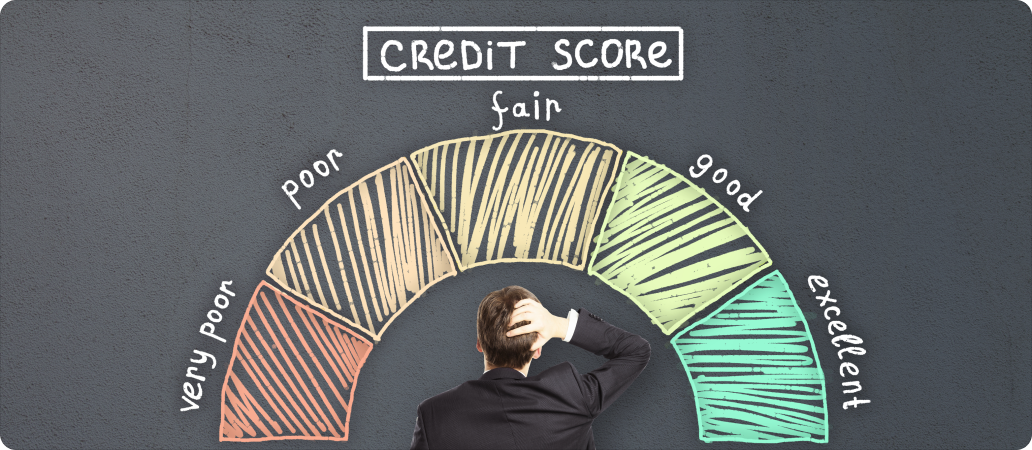How Much Income Do I Need for a Personal Loan? A Comprehensive Guide
Personal loans have grown to be a popular funding option for individuals to meet their immediate financial needs. Whether it's paying for medical expenses, consolidating debt, or a holiday, personal loans offer a quick and easy solution for people who need instant access to extra funds. However, getting approved for a personal loan is not always a straightforward process.
One of the most important factors that lenders, especially banks, consider when reviewing loan applications is the borrower's income. Income is critical in determining whether a borrower is eligible for a personal loan, how much money they can borrow, and at what interest rate. In this blog, we will look closer at how income affects personal loan approval, what lenders look for in a borrower's income, and what steps you can take to improve your chances of getting approved for a personal loan.
Understanding Personal Loans
Personal loans are a type of loan that can be used for a number of purposes. These loans are typically unsecured, meaning they don't require collateral or a co-guarantor/co-applicant. Most personal loans can be availed at fixed interest rates. However, some banks may offer more flexible floating-rate interest personal loans, too. Banks are the most traditional option for applying for a personal loan. But, borrowers also have modern options to choose from from NBFCs and other third-party loan apps. Although NBFCs and other third-party loan apps are gaining popularity, banks are still the most trusted option as they are highly regulated by RBI's guidelines.
Income Requirements
When applying for a personal loan in India, one of the most important factors affecting personal loans online approval is the applicant's income. Generally, most lenders require a minimum monthly income of Rs. 15,000 to Rs. 20,000 to qualify for a personal loan. However, this requirement may vary depending on the lender and the loan amount requested. Prior to personal loan approval, lenders may take several other aspects into account. These include the credit score of the applicant along with employment status and current financial obligations.
Factors That Influence Income Requirements
Income requirements for personal loans may vary on the basis of multiple factors. Some of them include the loan amount, credit score, status of employment, and current liabilities or financial commitments. For instance, a bigger loan amount may necessitate higher income while a stronger credit score and stable employment may help reduce income requirements. When income requirements are determined, lenders may also take the debt-to-income ratio of the borrower into account. This is the monthly debt payment amount in comparison to monthly income.
How to Calculate Your Eligibility
Calculating your personal loan eligibility is important to boost personal loans online approval chances. It helps you determine how much you can borrow and your monthly payments. Lenders consider several factors when calculating personal loan eligibility, such as your income, credit score, employment history, and debt-to-income ratio.
- Credit Score: Lenders use credit scores to determine your creditworthiness and the interest rate you qualify for. A higher credit score above 750 generally means you can borrow more money at a lower interest rate.
- Debt-to-income ratio: You can calculate your debt-to-income ratio by dividing your monthly debt payments by your gross monthly income. Lenders prefer borrowers with a low debt-to-income ratio, as it shows you have enough income to cover your debts.
- Employment Stability: Lenders give a higher preference to borrowers with a stable income and employment history to ensure that they can make loan payments on time.
Enhancing Your Loan Eligibility
Enhancing your personal loan eligibility can be a great way to secure a loan with better terms and interest rates. There are several ways to enhance your personal loan eligibility, including:
- Maintaining a high CIBIL/credit score: If you successfully maintain a high credit score, then your loan approval chances also increase. You also get the scope of getting your loan at better terms and rates of interest.
- Lowering the debt-to-income ratio: Borrowers who have lower DTIs (debt-to-income) ratios are always preferred by lenders. This naturally indicates that they have higher disposable income for loan repayment.
- Providing accurate details: Discrepancies should be avoided in loan applications. Ensure that all information is provided in an accurate manner.
- Collateral or co-applicants: Your chances of approval and overall loan eligibility may increase if you provide some form of collateral. However, in case of personal loans, you can bring in a co-applicant for this purpose.
Preparing Your Application
Applying for a personal loan can seem daunting at times. However, you will sail through the process without any hassles, provided you follow the right strategy.
- Arrange all your documents first. These should include your income proof (salary slips or Form 16), proof of employment, and KYC details (income, age, and address proof).
- Fix the amount that you require and then work out a plan for repayment.
- Check your credit report for any errors and apply for corrections, if necessary.
- Compare multiple lenders and check their interest rates and other terms and conditions to find the best solution.
- Fill out the application form at your chosen lender’s online portal/website.
- Upload supporting documents and double-check your information before submitting.
- Wait for the lender’s response.
Conclusion
Income is a crucial factor that lenders consider when approving personal loans. To improve your chances of getting approved for a personal loan, having a stable income source and a good credit score is important. By understanding the factors lenders look for in a borrower's income, you can increase your chances of getting approved for a personal loan that meets your financial needs.
FAQs
1. How much minimum income should I have to apply for a Personal Loan?
A monthly income of Rs. 15,000 is the average minimum for applying for a personal loan. However, some banks may offer special personal loans for low-income individuals.
2. How much personal loan can I get with a Rs. 20,000 salary?
You can determine your personal loan amount eligibility by considering your debt-to-income ratio and current credit score. You can also use a loan eligibility calculator to estimate your loan eligibility accurately.



